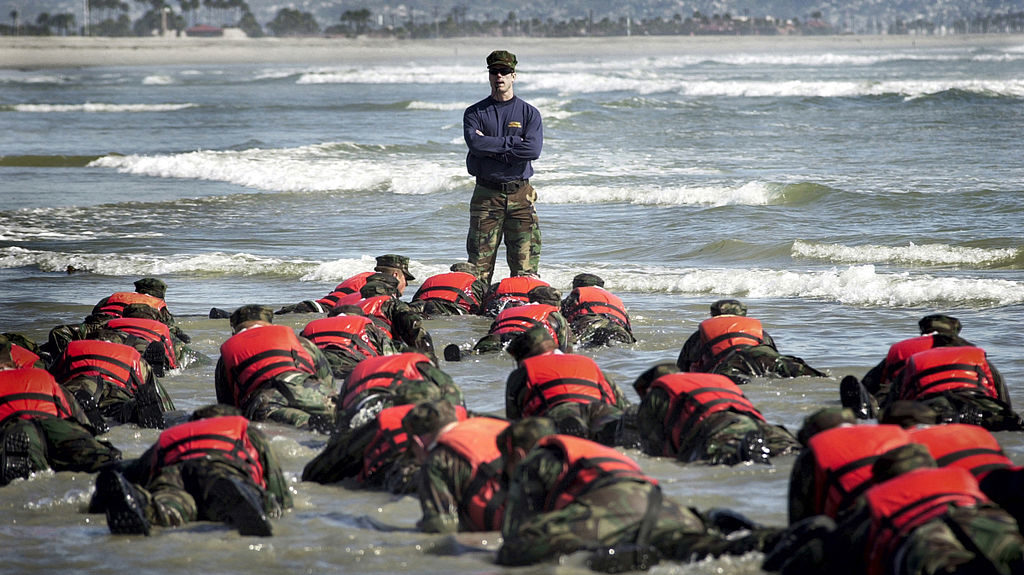(U.S. Navy photo by Photographer’s Mate 2nd Class Eric S. Logsdon/RELEASED)
There are many reasons why a service member might not finish a military training course or fail in a certain MOS. One of those reasons is burnout, a psychological phenomenon where an individual stops performing at their best despite having the skills to succeed.
The Association of Psychological Science (APS) finds that burnout comes in three types: overload, boredom, and fatigue. Each of these types are caused by a different coping mechanism to stress. Recognizing how you’ve burned out and what is causing it can help you get back on track.
Overload Burnout
This type of burnout is occurs when someone pushes themselves too hard and take on too much. The APS suggests that individuals who overload themselves try to cope with stress by complaining about their management. They blame superiors and their office hierarchy for their workload, not their own faulty project management.
Boredom Burnout
This is what happens when an individual isn’t being challenged. Whether their duties are beneath their skill level or they just don’t care about succeeding in that role, they feel unengaged at work. Instead, they cope by distracting themselves and avoiding that work altogether. Eventually, they just stop doing it.
Fatigue Burnout
Fatigue burnout is what happens when an individual wants to succeed, but lacks the motivation to overcome certain obstacles. The challenges they see ahead seem impossible to conquer, and rather than risk failure, the individual gives up.
Segmenting Like a SEAL
Former U.S. Navy SEAL Eric Greitens and author of Resilience: Hard-Won Wisdom for Living a Better Life said in a podcast that SEAL trainees often burn out during a period of BUD/S called Hell Week. The best way to get through rough patches and build resiliency in the face of stress, Greitens explains, is segmenting.
Rather than focusing on the big picture, break down your actions and goals into segments. Try and achieve these smaller goals to give yourself a motivational boost.
What you’d do in Hell Week is you’d say ‘I’m just going to make it to the next meal.’ And if that was too much, you’d say ‘I’m just going to make it for another 10 minutes.’ Sometimes it’s overwhelming to even think about getting out of bed… so what you do have to do is say to yourself, ‘can I move my toes? Yes. Can I move my fingers? Yes. Can I take a deep breath? Yes. Can I open my eyes? Yes. Can I put one leg out of the bed? Yes. Can I put the other leg out? Yes. Can I put some weight on my heels? Yes.’ Then you’re standing up.”




































